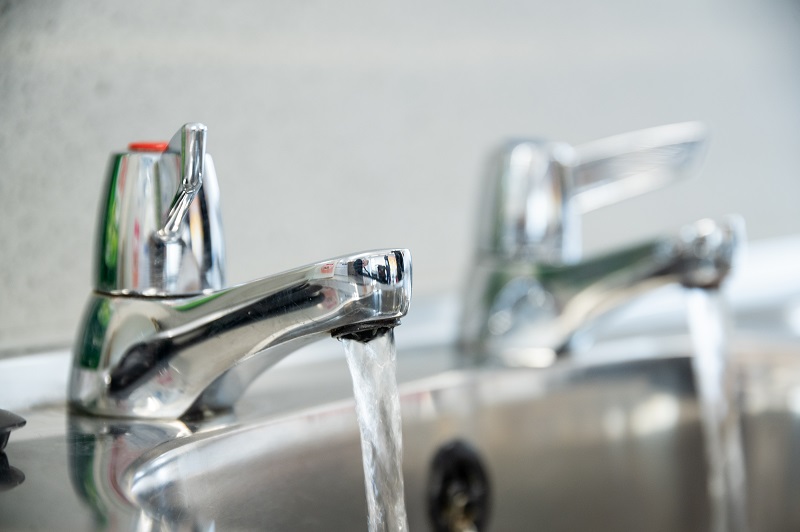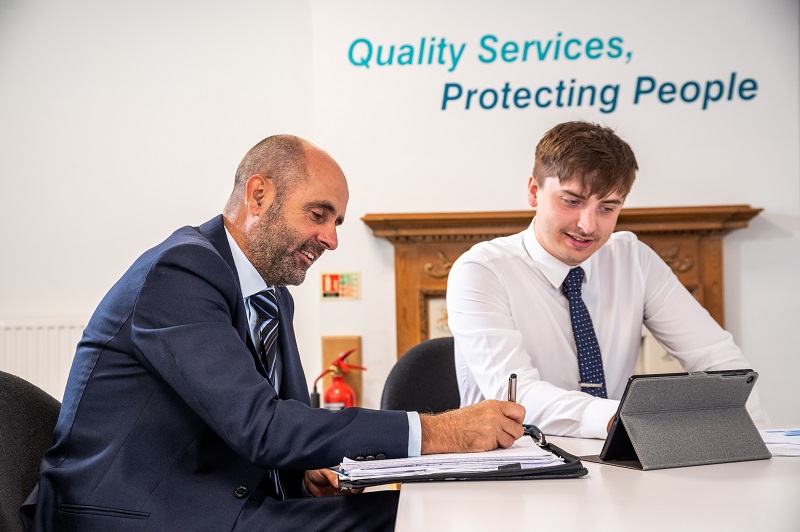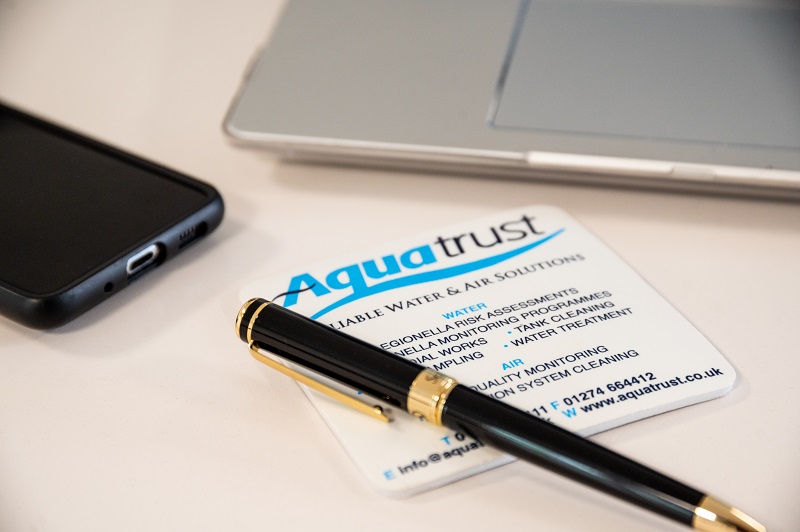Legionnaires disease is a concern for many people when it comes to their water systems. A potentially fatal form of pneumonia, Legionnaires’ disease can be developed after exposure to dangerous levels of the Legionella bacterium. Routinely carrying out Legionella risk assessments is the best way to ensure safety and compliance.
Do I need Legionella testing?
If you’re wondering ‘do I need Legionella testing’, we’ve rounded up some of the most commonly asked questions around Legionella, Legionella testing and Legionella testing requirements. Keep reading to find out more.

Where can Legionella be found?
Legionella bacteria is found naturally in freshwater environments like lakes and streams, but it can also be found in purpose-built water systems.
Legionnaires’ disease is contracted by breathing in vapour or small droplets of water that contain the Legionella bacteria. Therefore, Legionella is the biggest concern in water systems that heat water or create a spray. This includes showers, hot tubs, swimming pools, sink faucets, cooling towers, fountains and water features, and hot water tanks.
How long does Legionella take to develop in water?
Legionella can multiply in a matter of days in the right conditions. If water is warm and stagnant, bacteria can grow within around seven days. That’s why it’s important to stay on top of your water safety, adhere to best practices and carry out regular Legionella testing.

Who needs to test for Legionella?
All businesses and organisations have a responsibility to control the risk of Legionella in their buildings. If you have a water system, including toilets, washing facilities and laundry facilities, you are accountable for maintaining its safety.
The Health & Safety at Work Act 1974 is a legal requirement and covers Legionella risk management. Following The Approved Code of Practice (ACoP) L8 and carrying out regular Legionella testing ensures you’re remaining compliant with the law.
Who can carry out a Legionella risk assessment? Can I do a Legionella test myself?
A Legionella risk assessment should always be carried out by someone who is competent to do so. While there are no specific qualifications needed to carry out a Legionella risk assessment, there is a degree of technical knowledge needed in order to carry out a successful risk assessment.
A risk assessor should have a deep understanding of water systems and be able to identify any areas that present a risk. Most people choose to outsource the task of Legionella risk assessments to an external party with the skills and knowledge to carry out the task. Our risk assessors are experienced, efficient and able to put effective systems in place for monitoring, leaving you with the peace of mind that your water safety is in expert hands.
If you’d like to know more about arranging a Legionella risk assessment, please fill out the contact form on this page.

What water temperature kills Legionella disease?
Legionella bacteria will begin to die off at high temperatures of above 50°C. At the other end of the scale, at below around 20°C Legionella bacteria will stop multiplying. While cold water doesn’t kill Legionella bacteria, it does prevent it from growing and becoming a larger problem.
When is a legionella test required?
This varies from organisation to organisation. There are multiple factors to consider including the size of your organisation and the specific types of water systems that you have. If you have a new system installed or a big repair carried out in your water system, we would always recommend a new risk assessment.
Our team are able to advise you on how often is appropriate for your organisation.

We hope this taught you more about legionella testing. If you need a legionella risk assessment, legionella monitoring or legionella training for your operations, get in touch with our friendly team today to find out how we can help.

